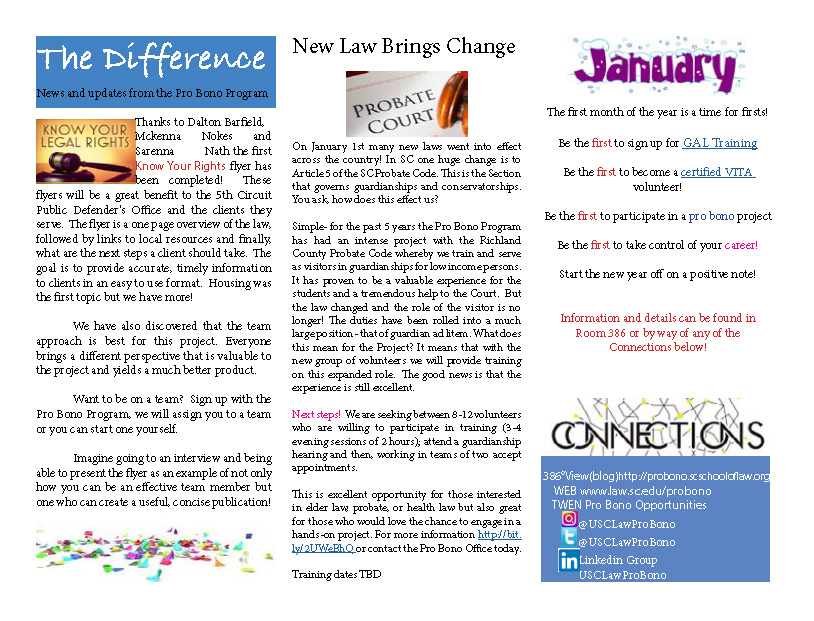Oops!! but also take note!
A twelve-month suspension has been imposed by the Georgia Supreme Court based on an attorney’s voluntary petition for discipline
In her petition, Saunders explains the circumstances leading up to her misuse of the client funds. She explained that her boyfriend, with whom she shared an apartment, had an emotional downward spiral and failed to pay his portion of the expenses. Saunders, who had practiced on her own for less than a year, was unable to meet the couple’s shared financial obligations, her credit was destroyed, and her car was repossessed. Her boyfriend then became abusive, causing Saunders to leave the apartment with only the clothes on her back and to give up her office space so that he would be unable to find her. Then in 2015, Saunders obtained $26,283.50 in an arbitration proceeding on behalf of an
incarcerated client. She used the portion of the funds to which she was entitled as her fee to purchase a car, but the car broke down. Because Saunders was too embarrassed to seek help, she converted the client’s funds for her own personal use to recover from the financial challenges brought on by her former relationship.
In mitigation, Saunders states that the client has been repaid in full; she has no prior disciplinary history; she cooperated with the disciplinary process by submitting a detailed letter of her misconduct to the Investigative Panel member assigned to the case; her actions were due to extreme emotional distress stemming from domestic violence; she has undergone counseling to rebuild her self-esteem to avoid similar problems in the future; she otherwise has good character and reputation as shown by letters of support from the legal community; and she is remorseful.
The court rejected one mitigating factor
The State Bar also argues that there is an additional mitigating factor — Saunders’s inexperience in the practice of law. But inexperience in the practice of law is not mitigating; even a first-year law student should understand that conversion of client funds for personal use is impermissible. Cf. In the Matter of Jones, 293 Ga. 264, 267 (2) n.8 (744 SE2d 6) (2013) (“Whether a lawyer has been practicing for thirty years, or only for a few days, he ought to know that an attorney should not smuggle contraband to a client in jail. This is not the sort of case in which experience in the practice of law has any relevance to the misconduct.”).


